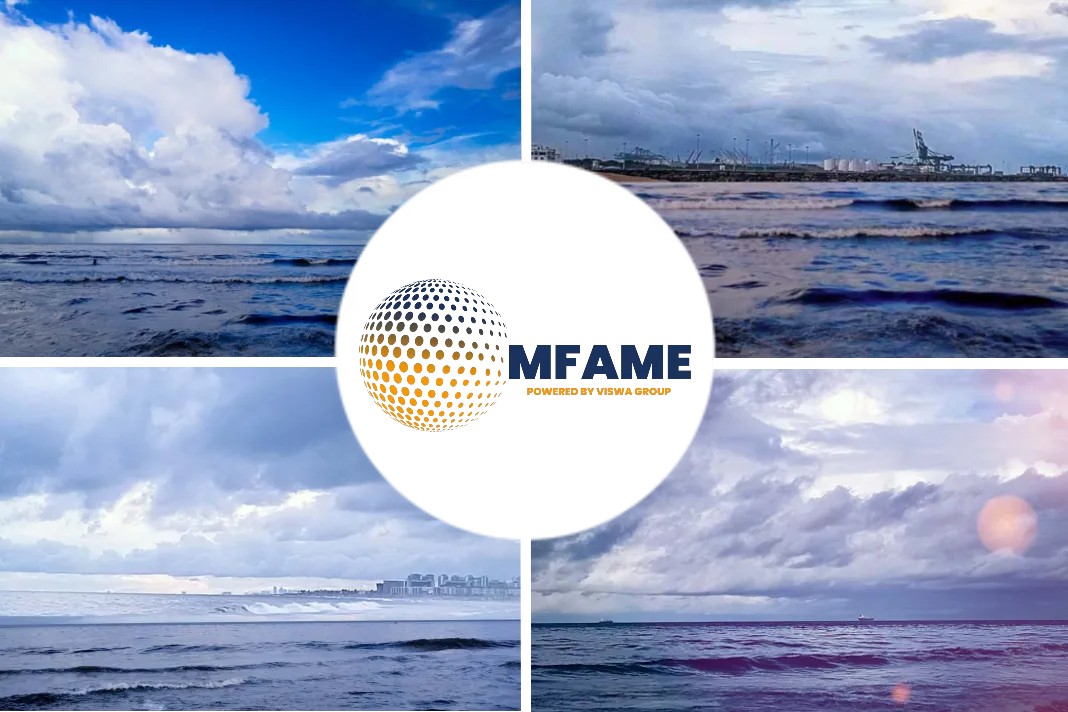
The 9th session of the International Maritime Organization (IMO) Sub-Committee on Carriage of Cargoes and Containers (CCC), which deals with the carriage of packaged dangerous goods, solid bulk cargoes, bulk gas cargoes, and containers, will meet in London 20 – 29 September, reports Safety4sea.
Lloyd Register’s The Agenda Preview presents a summary of what is to come. According to Lloyd’s Register, a lot of interest is currently centred around the development of various guidelines related to alternative fuels which will greatly help the industry in its decarbonisation objective Below are some of the topics expected to be discussed at CCC 9:
Alternative fuels
- Interim guidelines for the safety of ships using hydrogen as fuel: These guidelines are expected to be finalised at this session if the expected outstanding work, which will take place in a working group, is completed.
- Interim guidelines for the safety of ships using low flashpoint oil fuels: These guidelines are expected to be finalised by 2024. Further development will take place at CCC 9 and it is expected that a Correspondence Group will continue the discussions and submit a report to CCC 10 (September 2024).
- Interim guidelines for the safety of ships using ammonia: Similarly to the Interim guidelines for the safety of ships using low flashpoint oil fuels, further discussion is expected at CCC 9, principally around the provisions related to the toxicity of ammonia which poses a high risk to human life. These guidelines are expected to be finalised by 2024.
- Amendments to MSC.1/Circ.1647 – Interim Guidelines for the Safety of Ships Using Fuel Cell Power Installations: CCC 9 will consider amendments the guidelines based on the experience gained by the industry.
- MSC.1/Circ.1621 – Interim guidelines for the safety of ships using methyl/ethyl alcohol as fuel: If time permits, CCC 9 will start to discuss the development of mandatory instruments regarding methyl/ethyl alcohols. Their development is expected to continue until late 2025 and they could enter into force by 2028.
Amendments to the IGC Code to include “Safety provisions for the safe use of LPG Cargo as fuel”
The amendments should be written in a non-prescriptive way by introducing requirements for a limited risk assessment. The aim is to submit a draft to MSC 108 for approval and consequent adoption at MSC 109.
The entry into force is expected to be 1 January 2028 and, in order to speed up global adoption, voluntary early implementation could be permitted by 2024.
Revision of the Interim recommendations for carriage of liquefied hydrogen in bulk
As the size of the hydrogen containment system grows due to ships’ need for longer routes, the structural strength requirements of a vacuum vessel becomes a significant challenge.
Hence, to facilitate the implementation of large-scale liquid hydrogen cargo enclosures aboard ships, novel containment system designs need to be explored. There are many technical and human centred challenges so it is expected to be a deep discussion around these amendments which could be finalised in 2024.
Did you subscribe to our daily newsletter?
It’s Free! Click here to Subscribe!
Source: Safety4sea
























